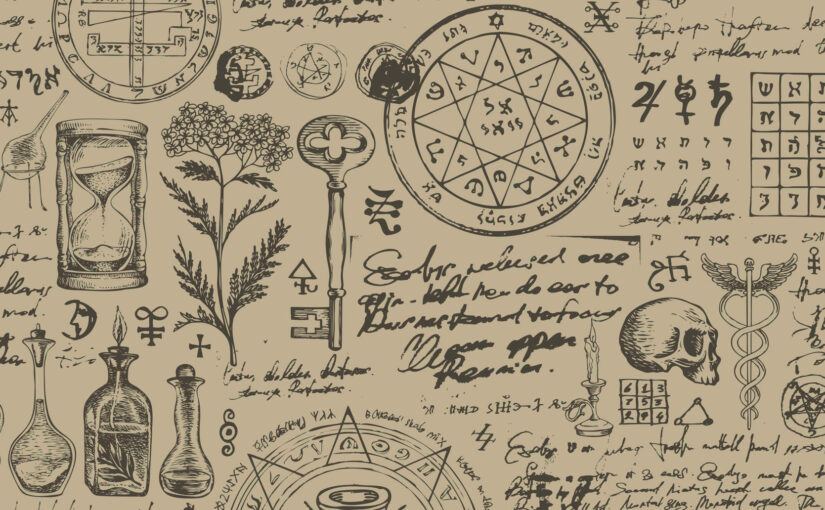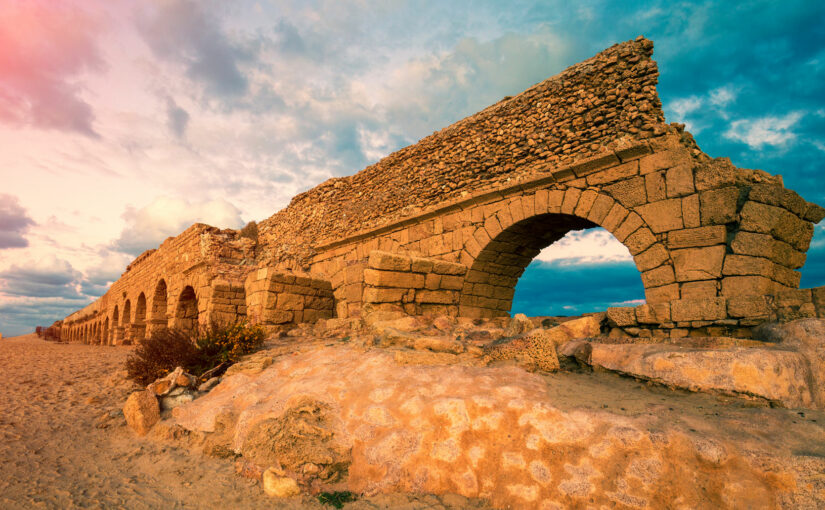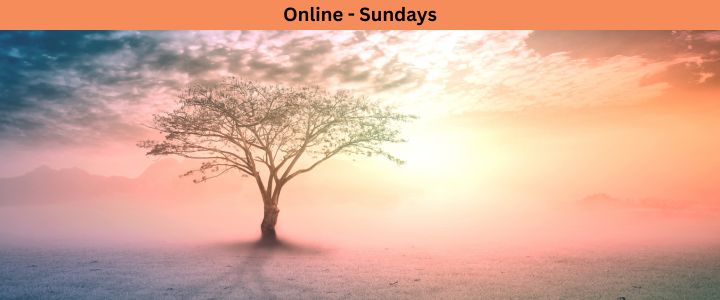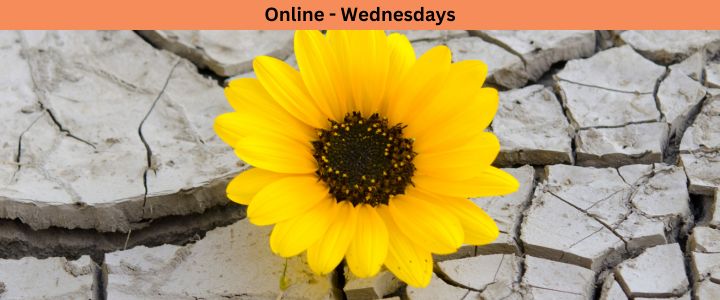Year One Bible and Rabbinics: Tuesday Evenings Online via Zoom
Program: Hebrew College Me’ah Classic
Instructor: Rabbi Neal Gold (Fall) and Rabbi Shayna Rhodes (Spring) (Read Bios)
Dates: 11 Tuesdays, Fall 2024: 9/10, 9/17, 9/24, 10/15, 10/29, 11/12, 11/19, 12/3, 12/10, 12/17, & 1/7
Time: 7-9 p.m.
Course Fee: $490 for the Fall Bible semester only, financial aid is available
Location: Online via Zoom
Hosted by: Hebrew College
Registration: Click here
The Me’ah Classic Year 1 Program begins with Bible in the Fall and continues with Rabbinics in the Spring. Your tuition covers the Fall semester.
Fall: Hebrew Bible
The Hebrew Bible, or Tanakh, is the central text of ancient Israel and the foundational text for Judaism through the ages. You’ll examine the various biblical genres, structures, concepts, theological and historical settings of the biblical world, and then explore selected topics, often integrated with rabbinic perspectives.
This sequence balances an overview of the Hebrew Bible with focused discussion of core texts, such as the Creation stories, the binding of Isaac, the Exodus story, the revelation at Sinai and the prophetic books. You’ll analyze the primary biblical texts and secondary scholarly materials through various lenses: literary, historical-comparative, and rabbinic commentary.
While you may be familiar with the Bible from childhood, this in-depth exposure to other texts and different modes of reading will challenge you — and may well lead you to reassess some long-held views.
Winter/Spring: Rabbinics
The Rabbinic Period — the millennium from the Second Temple to the completion of the Babylonian Talmud (500 BCE to 600 CE) — refers to a time when new Jewish leaders, sages and rabbis emerged and developed rich texts of their own. Some of those texts took the form of extensive commentary about the earlier world of biblical Israel. During this seminal period, rabbinic scholars created a legal system which led to a Jewish belief system that has informed and ordered Jewish community, culture, and behavior for the past millennia.
What is the relationship between God and human beings?
How do we understand Jewish history and Jewish ethics?
What is the role of ritual, holy days and life-cycle events?
Readings illustrate the development of the rabbinic mindset and talmudic beliefs. As with the Hebrew Bible sequence, you’ll first cover selected historical, textual, and conceptual areas, then examine core concepts in conjunction with Bible study to illustrate how beliefs and practices evolved over time.
Please contact meah@hebrewcollege.edu for more information.







